Teaching, training, testing and research all come together at the Tennessee Center for the Study and Treatment of Dyslexia at Middle Tennessee State University.
For Karen Kehoe, who came on board in February as director of Dyslexia Services at the center, it’s the ideal place for her to be.
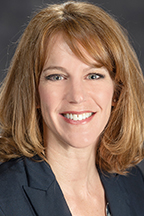
“I have opportunities to do some research. But I also have the opportunity to do some community outreach and work with teachers and practitioners,” Kehoe said. “It’s the perfect job. I get to blend all my interests and skills together.”
Kehoe garnered her Ed.M. from Harvard Graduate School of Education, where she focused on language and literacy. Following her master’s degree, she became a literacy facilitator and worked with students with learning and behavioral disabilities. She served for several years as the coordinator of Virginia Beach GrowSmart, the city of Virginia Beach’s birth-to-age-8 education initiative, then delved into the nonprofit world, heading up childhood development and services as director of United for Children at United Way of South Hampton Roads in Virginia.
Kehoe came to MTSU from the University of Virginia in Charlottesville, Virginia, where she earned her Ph.D. and worked as a postdoctoral research associate with Virginia Literacy Partnerships and the Center for the Advanced Study of Teaching and Learning.
“My degree was in educational psychology, and my research focused on reading development, particularly in children at risk for reading difficulties,” Kehoe said.
As she was deciding whether to stay in academia or move into practical application of skills with students, the position as director of Dyslexia Services at MTSU popped onto her radar and offered “the best of both worlds,” she said. (She and her family “absolutely love” Middle Tennessee, too.)
The Tennessee Center for Dyslexia has three focuses: testing, educational outreach and research with assistant directors heading up each arm.
Research, workshops
“We are one of MTSU’s research centers,” Kehoe explained. “We conduct research to really understand dyslexia, its characteristics and how to effectively intervene and instruct students with dyslexia.”
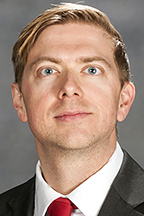
Kehoe serves as director of the center under Tim Odegard, a professor of psychology and Katherine Davis Murfree Chair of Excellence in Dyslexia Studies.
Odegard said Kehoe’s varied background gives her an edge in leading the center in all three areas of focus.
“Dr. Kehoe’s experiences with community literacy outreach as well as classroom instruction experience are so valuable,” Odegard said. “She is a researcher who is eager to continue efforts at the center to provide direct services and understand how we can continually improve and do better.”
The center offers a limited number of student testing sessions three times annually. There are also on- and off-site workshops for schools, and research focused on understanding risk indicators and effective interventions.
“We do workshops for teachers, either on site or at their schools. We also hold larger events, such as our upcoming Fox Reading Conference in March. This is a two-day workshop featuring several renowned literacy experts, and it’s completely free for educators,” Kehoe said. “We offer testing services for students to identify if they have characteristics of dyslexia and work with schools to engage them to identify those characteristics.
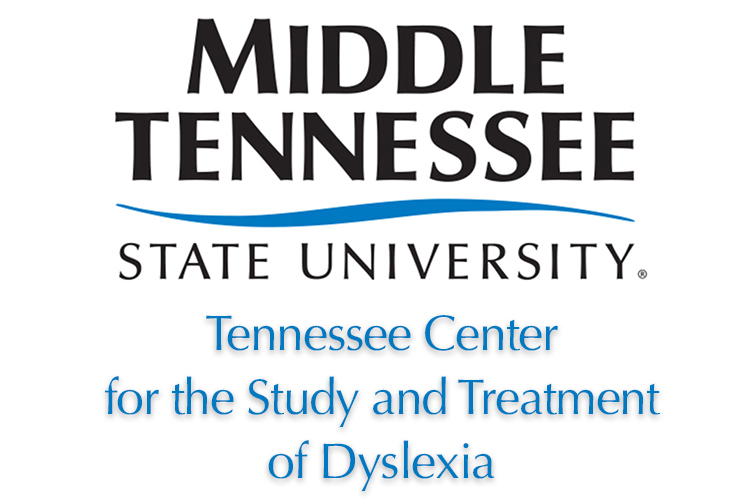
“Whenever we bring those things together, that’s even better,” Kehoe said. “When we can have an intervention study and go into schools to blend some research and see how effective it was, that’s when we really have the opportunity to learn what works.”
Understanding and intervening is vital because dyslexia is the most common learning disability. Current National Institutes of Health data shows approximately one in five Americans has some form.
“We look at dyslexia as being on a continuum of reading development,” Kehoe said. “Instead of saying a child does or doesn’t have dyslexia, we help to identify whether they are displaying characteristics of dyslexia, so we can make instructional recommendations to meet their learning needs.
Misconceptions, interventions
One of the most common misconceptions of dyslexia is that it is a visual processing disorder, where letters and numbers are “flipped.”
“It’s actually a language-based learning difference,” Kehoe explained. “So children struggle with language processing, often with phonological aspects of language.”
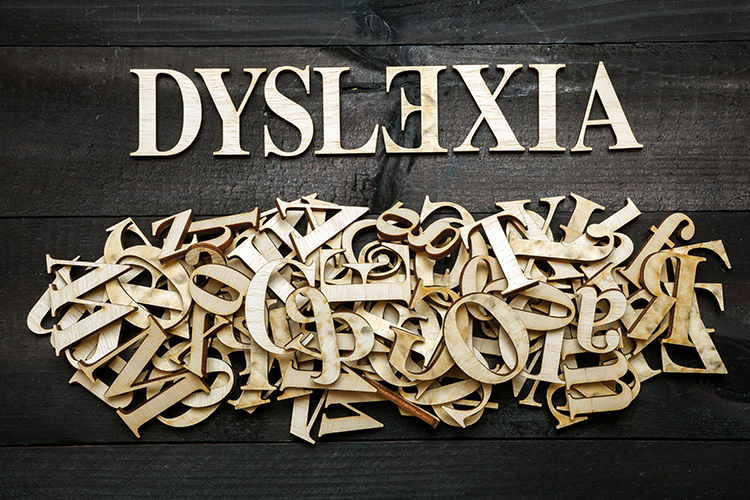
Even before a child begins to read, teachers and parents should be aware of signs that might indicate a future difficulty. For example, an early indicator that a child may be at risk for dyslexia is an inability to discern that the word “cat” has the same beginning sound as “cake,” or that the word “now” rhymes with “how.” Children often have difficulty learning the names and sounds of letters of the alphabet. Children who later develop dyslexia often perform poorly on tests of rapid automatized naming, or RAN, in pre-kindergarten and kindergarten.
“Dyslexia can be identified pretty early once formal reading instruction begins,” Kehoe said. “The hallmarks of dyslexia are difficulty in word reading, decoding and spelling. Reading fluency is also a challenge. It is particularly important to pay attention to how well a child responds to reading instruction.”
If a child doesn’t seem to be catching on to this teaching as well as other children or is having a lot of difficulty blending sounds together to read or spell words, that warrants attention, she said.
“Our ability to have the greatest impact is working with educators and helping them understand if you see these characteristics, here’s how you can help,” Kehoe said. “You don’t need to go to a specialist to get diagnosed with dyslexia. Anybody who has these understandings can identify characteristics of dyslexia and intervene with literacy interventions.”
— Nancy DeGennaro (Nancy.DeGennaro@mtsu.edu)

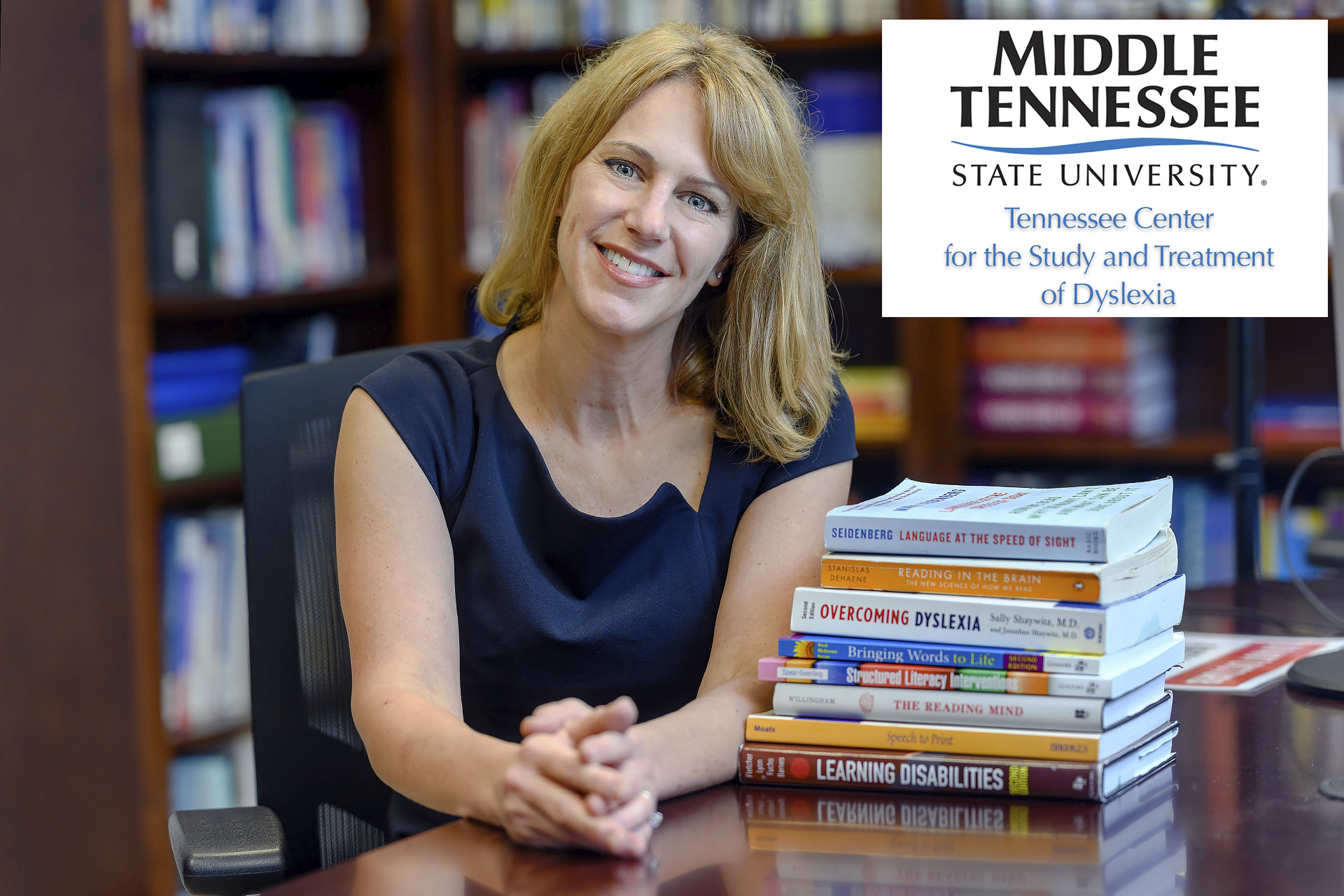
COMMENTS ARE OFF THIS POST